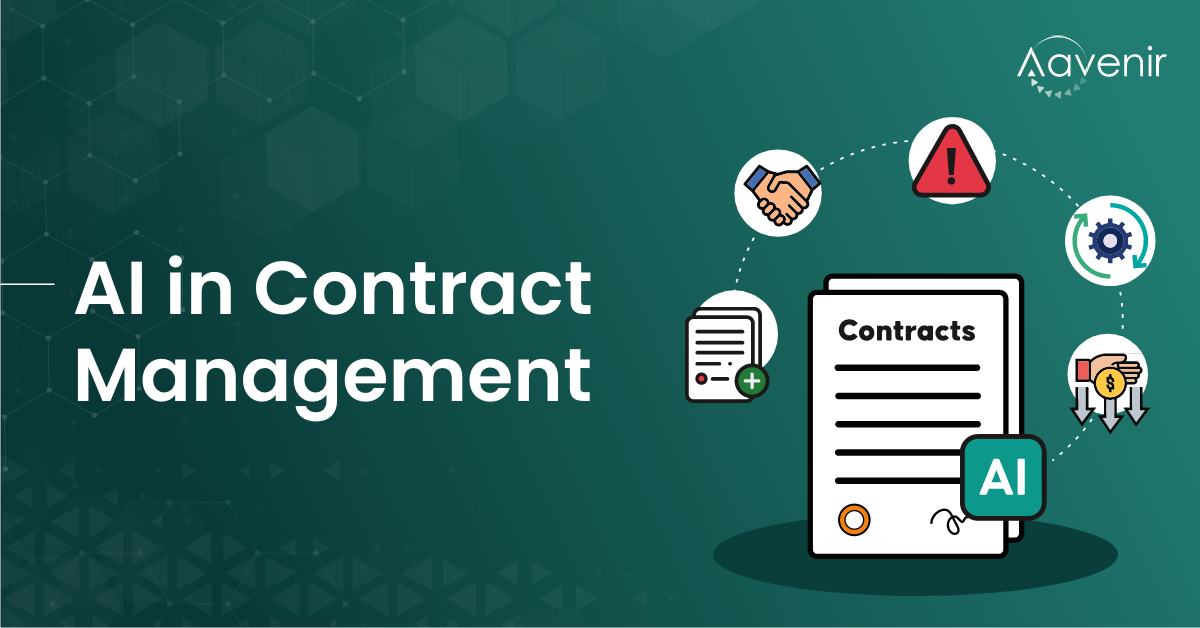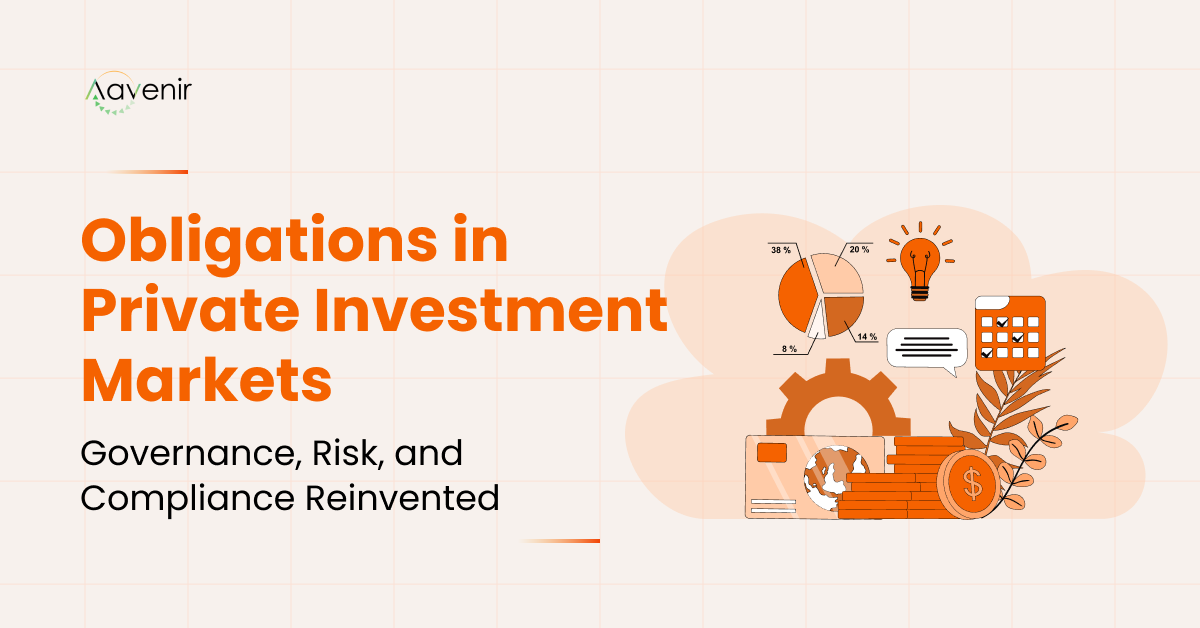The impact of artificial intelligence (AI) is felt across a wide range of industries, including the contract lifecycle management sector. As contract firms continue to grow and deal with significant amounts of contracts, the need for AI to intervene is critical in reducing mistakes and improving processes.
Harvard Business Review reports that contracting firms lose between 5% to 40% of a value on a particular deal due to inefficient contracting.
Inefficient contracting occurs because of a firm’s lack of training to monitor and extract data from a sheer number of contracts. Usually, it requires comprehensive education to perform these processes, and knowing how to choose a degree is essential in getting the necessary training for such tasks. In addition, the process of drafting, initiating, and improving the contract and its processes require significant manpower that makes it more challenging even for large tech companies to take on.
In this article, we’ll discuss how AI is helping firms overcome these challenges and achieve a value-added contracting process.
1. Ensure Smart Contract Creation
Dealing with complex contracts can be a nuisance for most contract firms. After all, there is only so much data humans can read and extract in a given session. The advantage of implementing artificial intelligence in contract lifecycle management is it allows you to parse through thousands of documents and recognize patterns in seconds.
This makes it easier to determine the relevant clauses that should be used for specific contract types. While traditional methods can still work, letting employees comb through every supplier document to write a reliable contract increases the likelihood of errors that would otherwise be prevented with an AI-based contract management solution. More importantly, AI can learn from track records of past contracts automatically to better interpret identical data in the future.
2. Improves Contract Negotiation
More often than not, contracting firms spend significant time negotiating the terms and conditions of a contract. Recent data reveals that contract negotiations can take up to four weeks of back-and-forth discussions due to routine and mundane document reviews. However, incorporating contract management system AI into the negotiation process can cut the timeline to days depending on the complexity of the contract.
This is because AI harnesses historical data and contracting insights to emphasize clause changes and negotiate win-win deals. Technically, AI-based contract management systems can characterize negotiation thresholds and boundaries to ensure that it aligns with commonly-accepted standards. Through this process, you can prevent oversight and see to it that the AI contract negotiation stays within defined parameters.
3. Mitigates Risk
If not managed well, It is common for contracts to turn from opportunities into liabilities for organizations. With compliance regulations evolving rapidly, clauses that are valid today might be redundant tomorrow. This can result in your contracts becoming non-compliant and ultimately lead to your company hitting the headlines for all the wrong reasons.
AI-enabled CLM platforms can prevent these by using natural language processing to sift through documents and classify clauses to reduce risk and safeguard the company. This way, you can highlight differences between document versions and eliminate clauses that might not be in the interest of the organization. It also provides an audit trail to improve visibility and ensure that only the latest version is forwarded to stakeholders.
4. Streamlines Approval Process
Streamlining the approval process is essential in ensuring a successful contract lifecycle management. Unfortunately, it is usually challenging to collect the required signatures from finance, procurement, and legal without the right technology. Usually, large contracting firms deal with multiple contract variations that require additional approvals and are not added to the existing workflow.
Using AI in contract management, you can take advantage of contextual clues to determine which contracts need approvals from different team members. This way, you can add those approval steps automatically into the current workflow and ensure an easy renewal process. It can also help you identify all contracts tied to a specific regulation such as contract condition or requisite quality assurance to optimize obligation management and improve compliance.
5. Reduce Costs
Many organizations usually incur heavy losses due to inaccessible and non-transparent contract obligations. Data shows that the cost of a standard procurement contract process has risen to 38%. This number is at risk of further growing, especially in the current working environment where staff and different departments are segregated across multiple locations.
This is because remote teams are vulnerable to missing critical opportunities to negotiate on a consistent economy of sale and pricing. However, an AI-powered CLM platform can help organizations cut spending by improving efficiencies in their procurement strategies. Using timely notifications and alerts, you can reduce operational costs and administrative disputes while enforcing penalty clauses in an event of non-fulfillment.
Improving the Contract Lifecycle Process through AI
The contract lifecycle process involves several moving parts that can make it more challenging for organizations to manage manually. Therefore, using dynamic AI-based contract lifecycle management tools such as Aavenir ContractFlow is critical in optimizing contract management and improving digital workflows. Aavenir ContractFlow boasts powerful features and integrations in addition to a comprehensive product demonstration and a quote-based pricing package.
Admin Note: This article is a guest blog contributed by a reputed software listing site.





